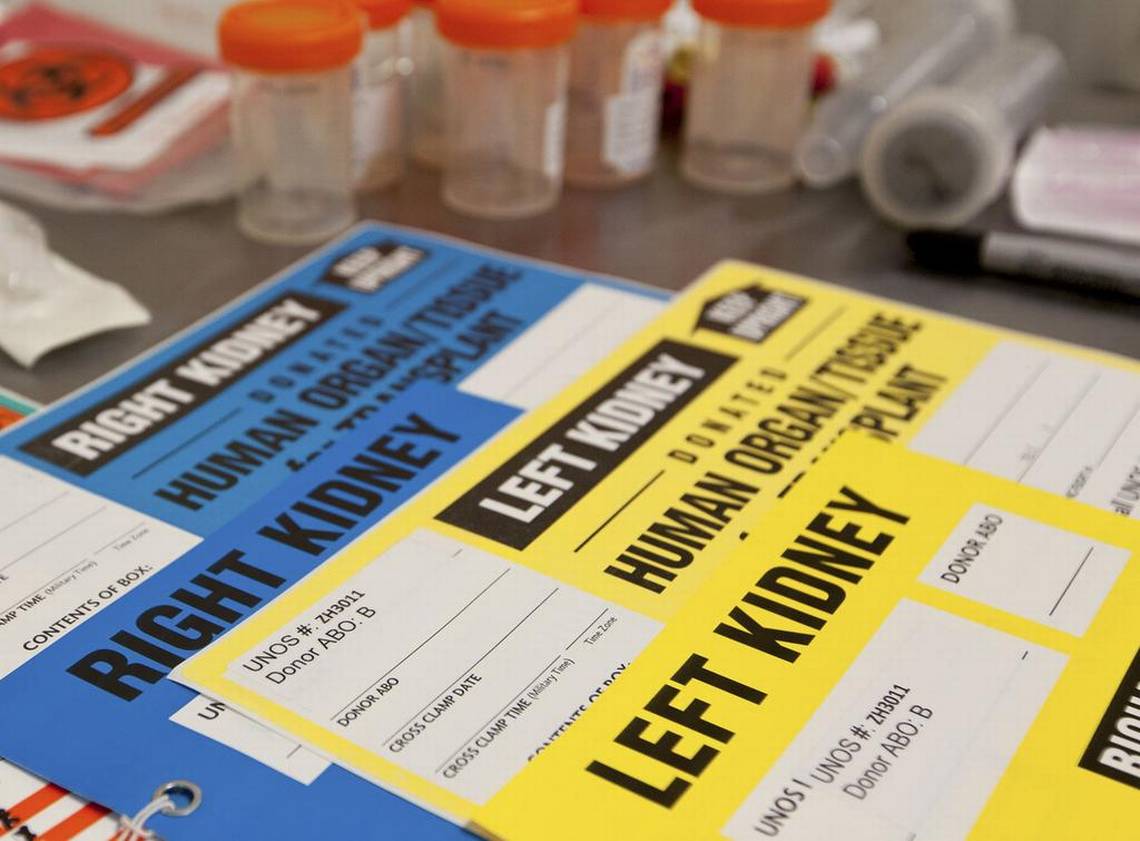Report Reveals: KY Organ Donor Group Frequently Overlooked Signs of Life, Delaying Interventions

Kentucky's main organ donation organization ignored signs of life from several patients scheduled for procedures in the past four years, according to a report from The New York Times.
The findings are a result of a Health Resources and Services Administration investigation into Network for Hope, the primary organization that facilitates organ and tissue donation in Kentucky.
Network for Hope, which has offices in Louisville and Cincinnati, has been under federal investigation for the past four years, including as two companies that merged in 2024 to create Network for Hope, according to the Times.
Among the main findings of the investigation were that Network for Hope employees:
- Pushed hospital staff to proceed with organ donation procedures despite obvious signs of life.
- Improperly took over cases from doctors.
- Pressured families to proceed with organ donations for their loved ones.
- Some did not recognize the effects of sedation, sometimes masking a patient's true condition.
The investigation specifically examined about 350 cases of canceled organ donation procedures in Kentucky. In all, 103 procedures were flagged as concerning, according to the Times. Of those, investigators determined 73 should have been stopped sooner.
In many cases, the patient showed signs of distress while being prepared for the procedure, according to the New York Times.
Most of the patients of the canceled procedures eventually died, but some recovered enough to leave the hospital, according to the New York Times.
One case that gained national attention involved a patient who went from the operating table to being discharged from the hospital. In October 2021, 36-year-old Anthony Thomas "TJ" Hoover II was admitted to Baptist Health Hospital in Richmond after a drug overdose, and he eventually was declared dead and lined up for organ donation, according to NPR.
However, Hoover's sister, Donna Rhorer, told NPR she saw her brother open his eyes and look around as he was being taken to the operating room. A doctor told Rhorer it was a common reflex, and plans for the operation continued.
NPR also reported Hoover "thrashed around" while having his heart examined before the donation procedure. NPR reported that doctors sedated Hoover, and the plans for donation stayed on track.
Plans for Hoover's procedure did not change until two doctors declined to operate. The case coordinator for Network for Hope - then operating as Kentucky Organ Donor Affiliates - attempted to find another doctor to perform the procedure, but it was eventually called off, NPR reported.
A former Network for Hope employee told the New York Times the procedure would have continued if the doctors had not halted the operation.
Hoover now lives with Rhorer, who serves as his legal guardian. NPR reported Hoover suffers from memory loss and struggles to walk or talk.
Network for Hope was established in 2024 with the merger of Kentucky Organ Donor Affiliates and LifeCenter Organ Donor Network, according to the organization's website. It is the 16th-largest procurement organization of 55 similar organizations nationwide that assign employees to hospitals to help manage organ donations.
As a result of the investigation, Network for Hope must now conduct neurological assessments on potential organ donors every 12 hours and increase staff training, according to the New York Times. The Kentucky attorney general's office is investigating Hoover's case, the Times reported.
In response to Hoover's case, Network for Hope said the news reports of the incident were misrepresented. The organization said it performs organ donor operations only after the patient's health care provider declares the patient brain dead or cardiac dead.
In Hoover's case, he was potentially declared cardiac dead, and the family decided to take him off life support before organ donation was discussed, according to the organization.
"Importantly, the family acknowledged that if the patient did not experience cardiac death within a certain time frame, the patient would remain in the care of the provider and be transferred back to an appropriate area of the hospital. In this case, before life support was withdrawn, the patient's condition improved, and the organ recovery was cancelled," Network for Hope said in a statement.
Post a Comment